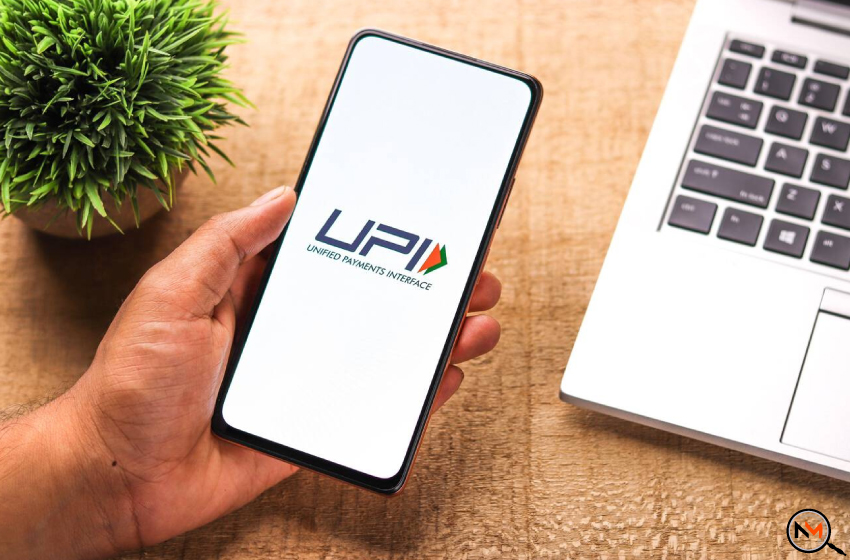
Ministry’s Stance.
UPI Charges Mandatory Or Not? Learn Finance Ministry’s Stance.
- Banks Business Finance
 Radhika Dayal
Radhika Dayal- August 22, 2022
- 0
- 4 minutes read
The Ministry of Finance India recently gave a statement on the working of United Payment Interface (UPI) services. It stated whether or not UPI charges were to be levied on the transactions. Read further to know what it said and what it meant for you.
Finance Ministry’s Stance On UPI Charges
The ministry this time released a statement on Twitter about levying charges on UPI transactions. This move was taken in order to answer confusion after the Reserve Bank of India (RBI) demanded a public response on UPI charges on transfers made. The tweet by the Finance Ministry mentioned that:
“UPI is a digital public good with immense convenience for the public & productivity gains for the economy. There is no consideration in Govt to levy any charges for UPI services. The concerns of the service providers for cost recovery have to be met through other means.”
The Govt had provided financial support for #DigitalPayment ecosystem last year and has announced the same this year as well to encourage further adoption of #DigitalPayments and promotion of payment platforms that are economical and user-friendly. (2/2)
— Ministry of Finance (@FinMinIndia) August 21, 2022
The Government of India considers the facility to be of public utility and levying UPI transaction charges on it won’t be feasible. In addition, they mentioned that ‘cost recovery’ should be made using other means and not charging it from the public. Also, it mentioned that the government has taken various initiatives to support the Digital Payments ecosystem. Therefore, we can rightly say that as of now, no one has to pay any charges on UPI transactions.
Over recent years, UPI has become one of the most popular modes of payment as digital or online payments have been integrated after the advent of the Covid-19 pandemic. Mobile apps like Paytm, PhonePe, and GPay (Google Pay), have been the driving factor for this.
According to data by the National Payments Council of India (NPCI), the total value of UPI transfers just in the month of July this year was INR 10,62,991.76 crore. The growth of this payment mode thereby raised concerns when the RBI asked for the introduction of UPI transaction charges.
On August 17, 2022, the central bank of India in a press release titled “Discussion Paper on Charges in Payment Systems” asked for public feedback or response on the topic. The payment modes mentioned there were Immediate Payment Service (IMPS), Unified Payments Interface (UPI), Real Time Gross Settlement (RTGS) system, National Electronic Funds Transfer (NEFT) system, and even credit or debit cards. The other ones didn’t bother people as much as UPI payment charges did. This is why the Finance Ministry had to take a stand on behalf of the masses.

